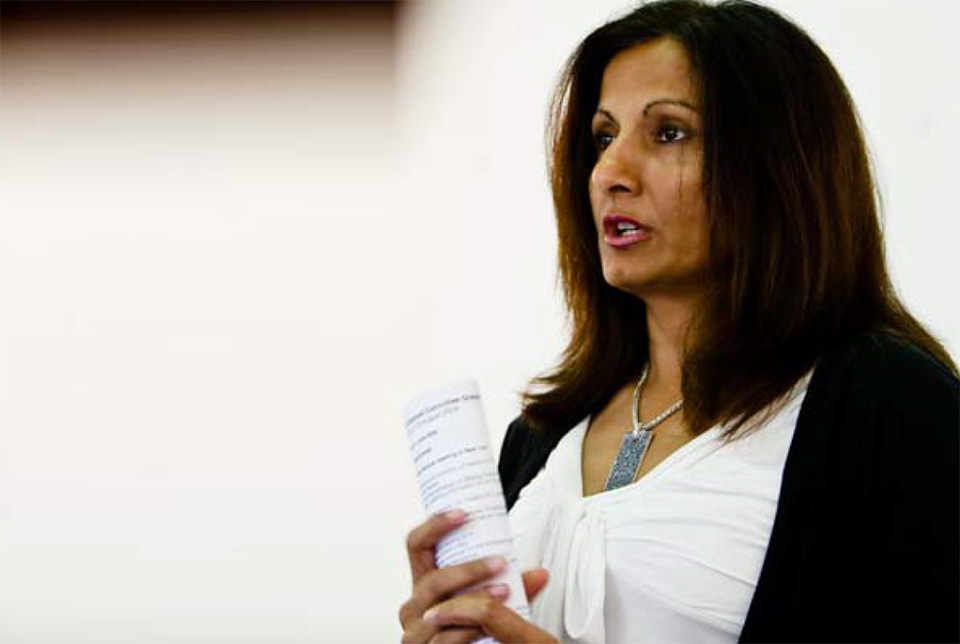 Ms Almas Jiwani is the President of the Canadian National Committee for the United Nations Development Fund for Women (UNIFEM Canada). Sunday Monitor’s Isaac Khisa spoke to her on issues surrounding climate change and women. We bring you excerpts:-
Ms Almas Jiwani is the President of the Canadian National Committee for the United Nations Development Fund for Women (UNIFEM Canada). Sunday Monitor’s Isaac Khisa spoke to her on issues surrounding climate change and women. We bring you excerpts:-
According to UN report that was released a few weeks ago, many countries did not achieve the pledges made in Copenhagen of reducing carbon emission. Now with the Cancun conference, do we expect a reverse trend?
The United Nations report found that the pledges made under the non-binding agreements in Copenhagen last year would provide only 60 per cent of the emissions cuts necessary to ensure that the fore-casted global temperatures do not increase over 2 degrees Celsius.
We have to remember that climate change is a long-term phenomenon and we have to keep working on it with world leaders to achieve optimal greenhouse reduction targets that may vary based on geographical, economic and political factors.
The UN report highlights the importance of global cooperation and I believe that the Cancun conference will provide a platform to solidify the agreements made in Copenhagen and make progress in discussions of funding for developing and developed nations towards mitigating climate change.
For example, draft decisions on continued, strengthened support to developing countries efforts in climate change adaptation and mitigation will be presented in a couple of days, which demonstrates the cooperative work is happening now.
What is the ClimDev-Africa Initiative?
The lack of appropriate information on climate change is a major obstacle to addressing the challenges of global warming in Africa. In order to address this problem, the Climate for Development in Africa Initiative (ClimDev-Africa) was created by the African Development Bank, the Commission of the African Union, and the United Nations Economic Commission for Africa. It involves three components; to build the capacity of African climate institutions to create and distribute useful climate information to policy-makers, policy support organizations, and the general African population. To increase the capacity of policy-makers to mainstream climate change into development plans. To implement adaptation programs and projects in order to learn lessons and define good climate change adaptation practices.
